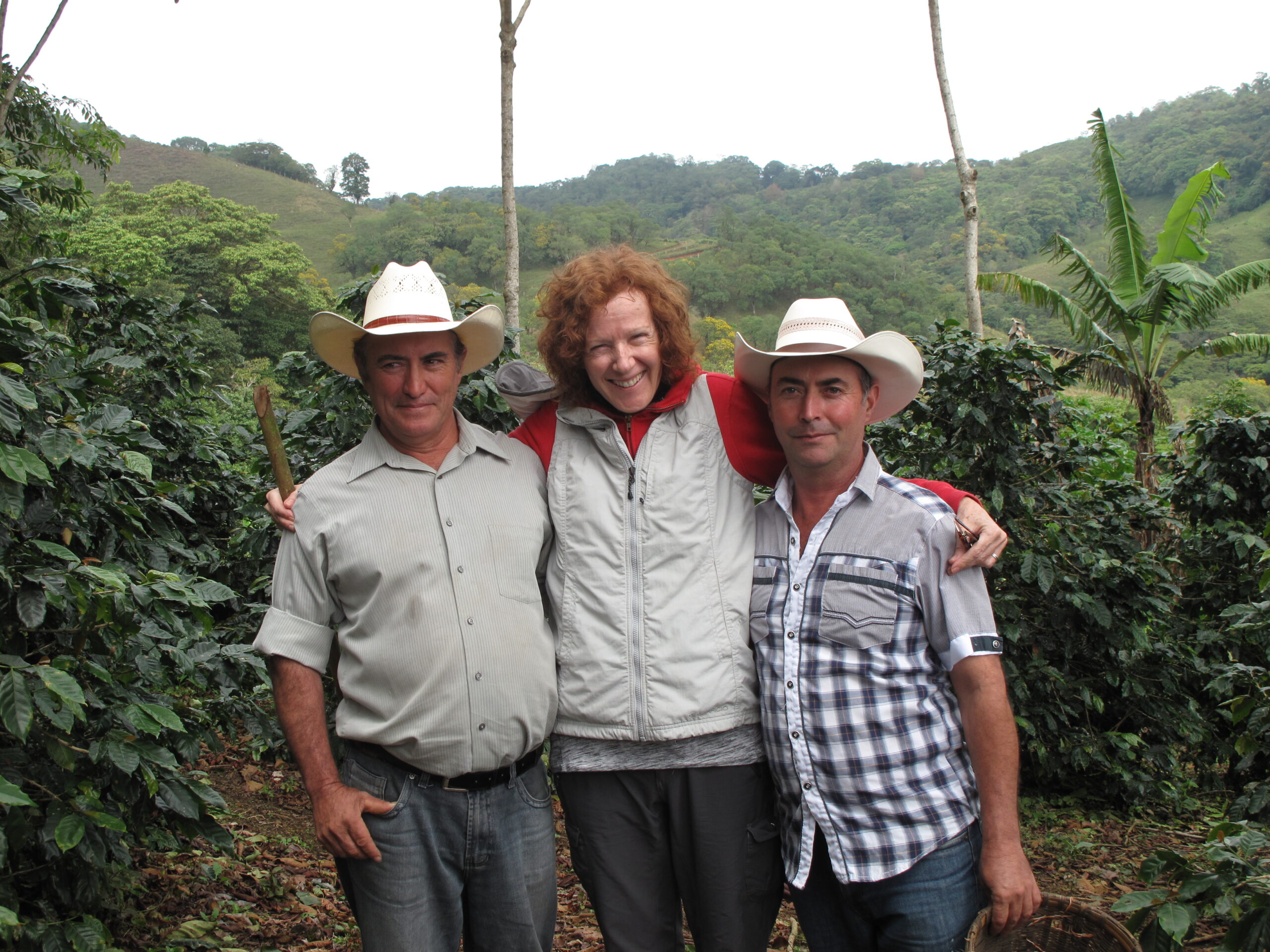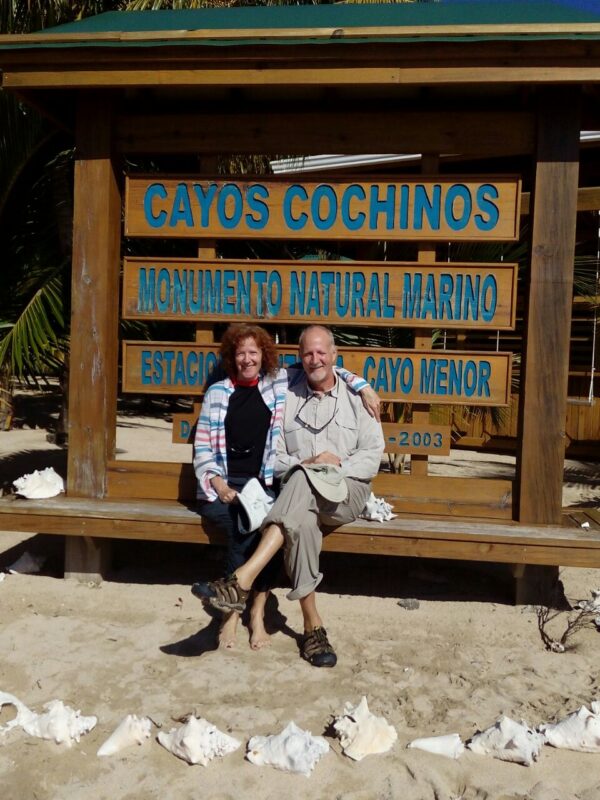Lighting the way for women coffee farmers in Honduras
Story

In Honduras, Betty and Karla Fernandez spend their days working hard to produce high-quality coffee. The sisters are Tolupan, a Honduran Indigenous group living on Honduras’s northwest coast. They live in the remote village of Agua Sucia producing catuai and catimor coffee plants.
“We were motivated to work with coffee due to the lack of opportunities,” said Karla, who started from scratch in 2013. “We could also generate income for the family, and employment for other people.”
But one thing makes life difficult for the sisters: they have no access to electricity or running water. Despite this, they work hard to produce some of the best coffee in the region. Their organic product is gaining recognition and has won several awards over the years.
“The Fernandez sisters of Agua Sucia have a hard life. They live without electricity, water, or transportation,” says Gerry Moodie, a volunteer business advisor with Cuso International and the Honduran Coffee Alliance (HCA). “When the sisters go into town, it is a four-hour walk down a mountain.”
The HCA works with small-scale coffee producers and cooperatives to source, market, sell, and export high-quality coffee directly to international buyers. After retiring from their business and marketing jobs, Gerry and his wife, Sharleen, decided to use their extensive background in business and marketing to give back through volunteering.
 Gerry and Sharleen met the Fernandez sisters during their 2023 volunteer placement in the Central American country. This is their fifth volunteer placement with Cuso International.
Gerry and Sharleen met the Fernandez sisters during their 2023 volunteer placement in the Central American country. This is their fifth volunteer placement with Cuso International.
Gerry explained that the Tolupan village has had difficulties lobbying their local government to bring power and running water to the village.
“We felt that these proud and dignified ladies deserved better, so we put out a call,” Gerry said.
Shortly after inquiring, the couple learned of a program called FOSODE, a Honduran organization that aids in providing electricity to those in need. The couple met with the director, who surveyed the village.
“We learned that FOSODE will cover all material costs to bring power to Agua Sucia,” Gerry said, adding Cuso International will also assist in covering some costs.
In addition to bringing electricity, Gerry and Sharleen hope to help Agua Sucia get better access to water by drilling wells and installing pumps.
Gerry said meeting people like the Fernandez sisters keeps them focused when the task becomes challenging.
“When doing this work, we are always surprised by the parallel projects that we get involved in,” he said. “We would never have thought that we would help bring electricity to the Village of Agua Sucia.”